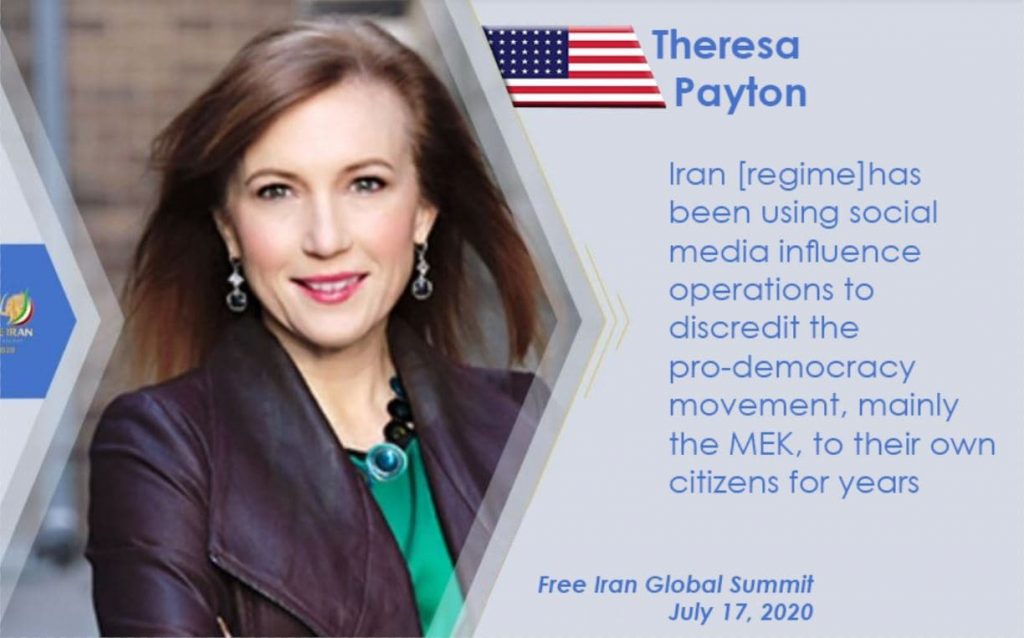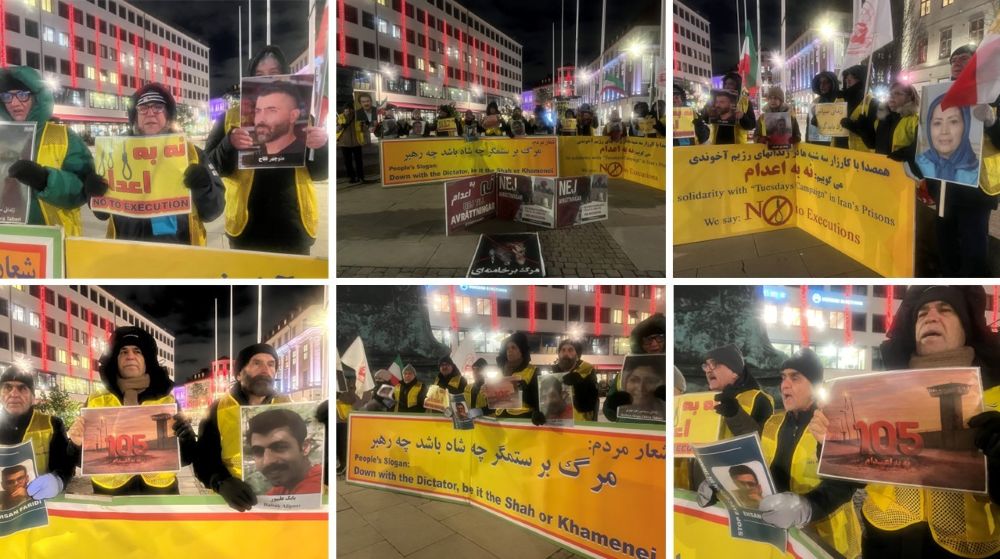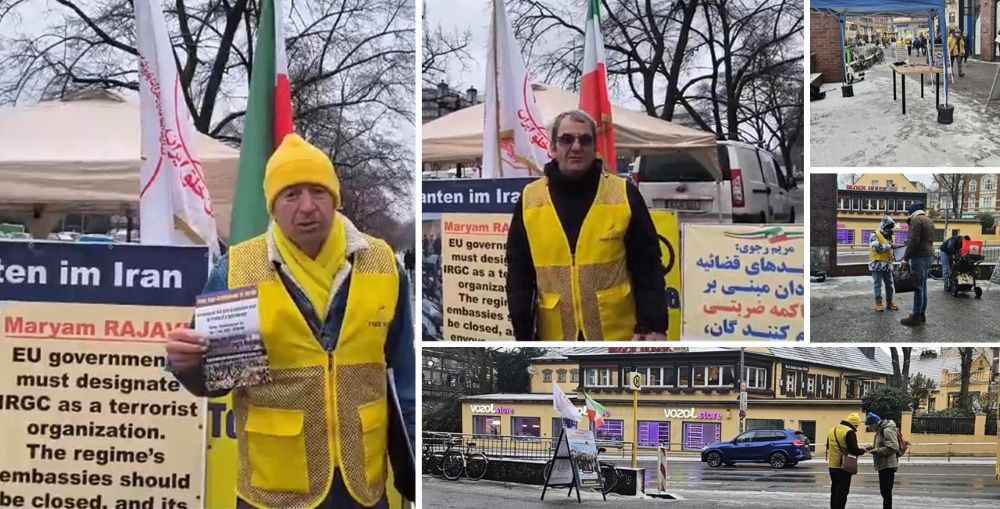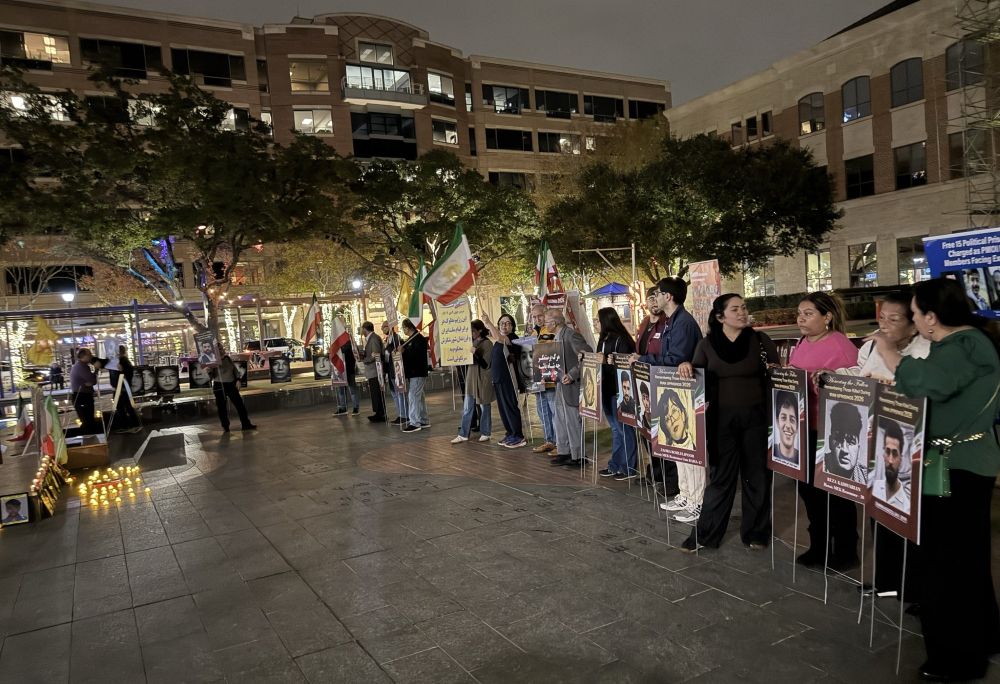Given the novel coronavirus outbreak, the Iranian opposition National Council of Resistance of Iran (NCRI) held its last conference titled “Free Iran Global Summit 2020” online on July 17. The NCRI managed to connect 30,000 locations in 104 countries, an unprecedented event since the beginning of the world’s health crisis.
The Iranian opposition virtually hosted hundreds of prominent dignitaries from across the globe. They announced their support for the Iranian people’s desire for freedom, justice, equality, and the rule of law. Among the attendants was Ms. Theresa Payton, CEO of Fortalice LLC, Cybersecurity and Intelligence.
As a cybersecurity expert, Ms. Payton explained how the Iranian regime spreads disinformation and fake news on social media. Iran’s goal is to drive positive news about the regime in cyberspace. They wish to influence the media to discredit the opposition, the MEK [Mojahedin-e Khalq]. Tehran promotes fake news about its nuclear program, tries to portray its intervention in Syria and Iraq as a humanitarian. Full remarks of Ms. Payton follow as:
“Hello, and thank you for having me today. I am so honored to be a part of the agenda. I want to use my time to inform and engage you in the cyber domain and what actions we must all take on behalf of the citizens of Iran. We can change their future and the world’s future and see a free Iran soon.
Warren Buffet says cyber warfare is the greatest threat to mankind, even more so than nuclear weapons. He’s correct. We’re under siege, deep in the middle of a new type of war. And in an increasingly interconnected world where nearly all adults have access to robust devices in their pockets, the next frontier of security isn’t physical, it’s digital. As daunting as the thought of nuclear wars, bombs, and bullets are, the hacking of systems and the manipulation of our minds are equally alarming threats.
The Iranian regime is at the forefront of the actors in cyber warfare and we must stop it. The current Iranian regime uses a mix of cyber intrusions, digital manipulation campaigns, and terrorist activities or threat of such as their key strategy for maintaining the regime’s operational status quo and to improve their standing on the world’s stage and suppress their citizenry.
Iran has probed, surveilled, and in some cases successfully attacked the critical infrastructure of countries around the globe including the United States. Iran’s regime also hides behind cyber operatives and fake personas. They can pretend to be our neighbors and fellow citizens. They are inside our digital infrastructure and inside our social media. And during this pandemic, COVID-19, social media is the replacement for the town square for socializing.
Let’s examine how they leverage the cyber domain to maintain control. In Iran, the crackdown on opposition and the media are enforced by the government. Their documented history includes arrests, executions, and filtering all news through state-run media or even turning off internet access for its own citizens.

They also suppress and digitally track the opposition and even the objective reporters. The Iranian regime uses a mix of these heavy-handed tactics along with subtler, more covert attacks or manipulation campaigns on social media to spread disinformation and fake news at a velocity and scale that would have been unheard of before the digital age.
As I wrote about in my new book, Manipulated, Iran’s goal is to drive positive news about its current regime, often manipulating its own people to ensure undying support for the mullahs, ideological and international political interests.
The cyber operatives acting on behalf of the Iranian regime seek to blunt the media’s ability to investigate their false dealings. They also wish to co-opt the media narrative into shoring up their reputations at home and abroad to support their interests.
Iran has been using social media influence operations to discredit the pro-democracy movement, mainly the MEK, to their own citizens for years. Case in point, Iran promoted fake news relating to the Iran nuclear deal trying to persuade the world that their nuclear program existed solely for peaceful use and that its military involvements in countries such as Yemen, Iraq, and Syria, were humanitarian.
The theocracy of Iran attempts to interfere with the public and political sentiments within other countries using their manipulation machine to stoke anti-Semitic, anti-Saudi, anti-American, and anti-Western narratives and stir up negative actions and emotions.
Reuters exposed in 2018 more than 70 Iranian web sites run out of Tehran that pretended to be local news organizations in other countries. The exposé found the sites were written in over 16 languages, including English, Arabic, Spanish, and Persian, to ensure readers that they would find their propaganda believable and hiding behind fake personas that look like news outlets, nonprofits, and grassroots organizations.
Iran is known to block web sites, social media networks, censor and track mobile connectivity, threaten and socially engineer reporters, meddle with access to internet-based encrypted messaging platforms, or restrict speeds or remove access to the internet altogether.
As the internet becomes more ubiquitously available, the authoritarian regime of Iran scrambles to find ways to ensure they increase their influence over their citizens. That is why the Iranian people and protesters are becoming more creative and technical in using internet to get their voices heard globally.
This is our call to action. Fundamentally, the United States must step up to address the cyber domain issues with the same level of concern appropriate to the next Manhattan Project, harnessing a combination of government resources, national lab research, private sector industry expertise, and collaboration with educational institutions. We will never find a solution to a free Iran or safety from the regime’s mix of citizen oppression, cyber intrusions, and terrorism without dedicating ourselves to a bold new approach.
I offer a few steps;
Step one, we need a comprehensive strategy across countries and the private sector to enable the citizens of Iran to achieve a free Iran.
Step two, we need to ensure that the people of Iran can share in real-time threats that could have an impact on their anti-regime protests and call for democracy.
Step three, through financial backing, expert advice, traditional media bombardment, and yes, now, social media influence campaigns, the United States and other countries could use an amplification campaign to bypass the Iranian regime to promote regime change by the Iranian people.
We must quickly evaluate the effectiveness of diplomatic measures and set up a threat hunting team that aggressively searches for adversarial activity from the Iranian regime, especially those targeting the opposition.
Step four, act. We can’t allow excuses anymore. This is the crisis of our time. If a coalition of international policymakers, technology, and citizens act now the overall future for the people of Iran and the world will take a more positive and different course.
As George Washington wrote from Mount Vernon in 1799, “offensive operations oftentimes is the surest, if not the only in some cases, means of defense.” Thank you for having me. I’m honored to share these ideas and a call to action with you.



